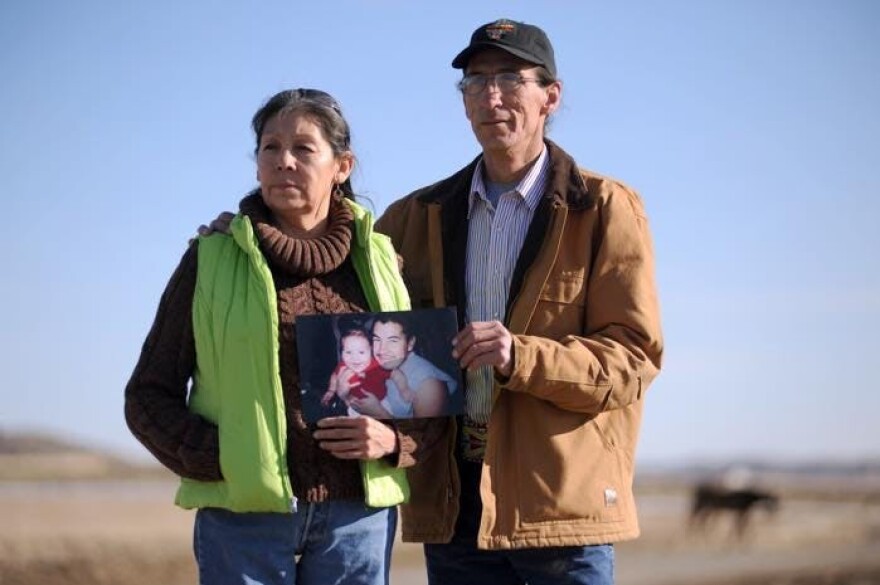An eleven-year discrimination lawsuit brought by a Native American family against the Federal Bureau of Investigation has reached a settlement agreement.
The settlement agreement releases both the FBI and the family of Steven Bearcrane from any wrongdoing and promises his family a meeting with officials from the FBI and the Department of Justice.
Bearcrane, a Crow tribal member with Gros Ventre heritage, was shot and killed on the Crow Reservation by his white coworker, Bobby Gene Holcomb, in 2005. The FBI ruled that Bearcrane had been killed in self-defense.
"We’re going to seek justice for him on another path," Earline Bearcrane-Cole, Steven Bearcrane's mother, said.
Bearcrane-Cole says the decision to settle was very hard.
"We hope that making this a real thing with a real family with real faces to them will improve things," she said.
According to the settlement, the meeting will take place no sooner than November 2020. It’s expected to include the U.S. Attorney for Montana Kurt Alme.
The meeting is not public and the Bearcranes must choose only 30 of their close friends and family to join them. The Bearcranes will provide officials with a list of discussion topics related to law enforcement on reservations in advance and will tell their story during the meeting.
Bearcrane-Cole says her family was shocked by the FBI’s original finding that her son was shot in self-defense and began looking into their investigation.
"When they told us that there was going to be no charges, so I started trying to do the appropriate channels to get all my files. What family has to go through reading those reports? What family has to go through an autopsy? What family has to look for clues? You know, who does that? That's the job of the law enforcement. It's very hard to do…especially if it's your own child," she said.
The Bearcrane family sued the FBI and the investigators involved for racial discrimination in 2009. Many of the lawsuit’s claims were dismissed over the following decade. Last year, a federal judge ruled that the family’s case would go before a jury.
But Trish Bangert, the Bearcrane family’s attorney, said, "Rather than putting their resources into a case that has been narrowed so much, that narrow issue is whether the Bearcranes were prevented from getting victim’s assistance from the State of Montana, and no longer really has the general issue of unequal law enforcement on the reservations. Their resources and their time is better spent addressing the larger issues."
Moving forward, the Bearcranes are planning to set up a group to hear and advocate for other Native Americans’ frustrations with criminal justice.
"We're hoping that we can organize something where people can come and just tell their story and maybe in some way they can get help. That can get them going in some direction for closure. you know, I just hate to have a family go through what we have been through," Bearcrane-Cole said.
Although the case has been ongoing for 11 years, Attorney Bangert says that the Bearcrane’s story ties into the current national conversation around police and race.
"It's timely because that's one of the issues in the police brutality cases. And that is how hard it is to sue a law enforcement officer for wrongdoing," Bangert said.
The FBI declined to comment for this story.
Kaitlyn Nicholas is Yellowstone Public Radio’s Report for America tribal affairs reporter.





